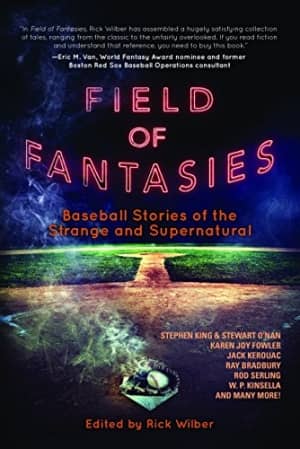Tor Doubles #6: Barry B. Longyear’s Enemy Mine and John Kessel’s Another Orphan

Cover for Another Orphan by Tom Kidd
The sixth Tor Double not only includes the two title stories, Barry B. Longyear’s Enemy Mine and John Kessel’s Another Orphan, but also includes an excerpt from Gwyneth Jones’s novel Divine Endurance. Divine Endurance was originally published in Britain in 1984 and in the U.S. as a hardcover by Arbor House in 1987. Tor was scheduled to publish a paperback edition of the novel in May of 1989, two months after this Tor Double hit the shelves. With the two title stories totaling only 158 pages, the decision was made to add a twenty page excerpt of the forthcoming novel.
Enemy Mine was originally published in Isaac Asimov’s Science Fiction Magazine in September, 1979. It won the Hugo Award and the Nebula Award, as well as the Locus poll. Enemy Mine kicked off Longyear’s “Dracon” series and was the basis for the 1985 film Enemy Mine, starring Dennis Quaid and Louis Gossett, Jr.
The year after the initial publication and success of Enemy Mine, Longyear published an extended version of the story, which has generally superseded the version that won the Hugo and Nebula Award. It is this revised version that is included in this volume.
Enemy Mine is set during a war between humans and the lizard-like Drac, both of whom see the other race as trying to impinge on their own nascent interstellar hegemonies. It is clear from the beginning that there is little communication between the races and the war has been taking place for quite some time and there is no end in sight. …
